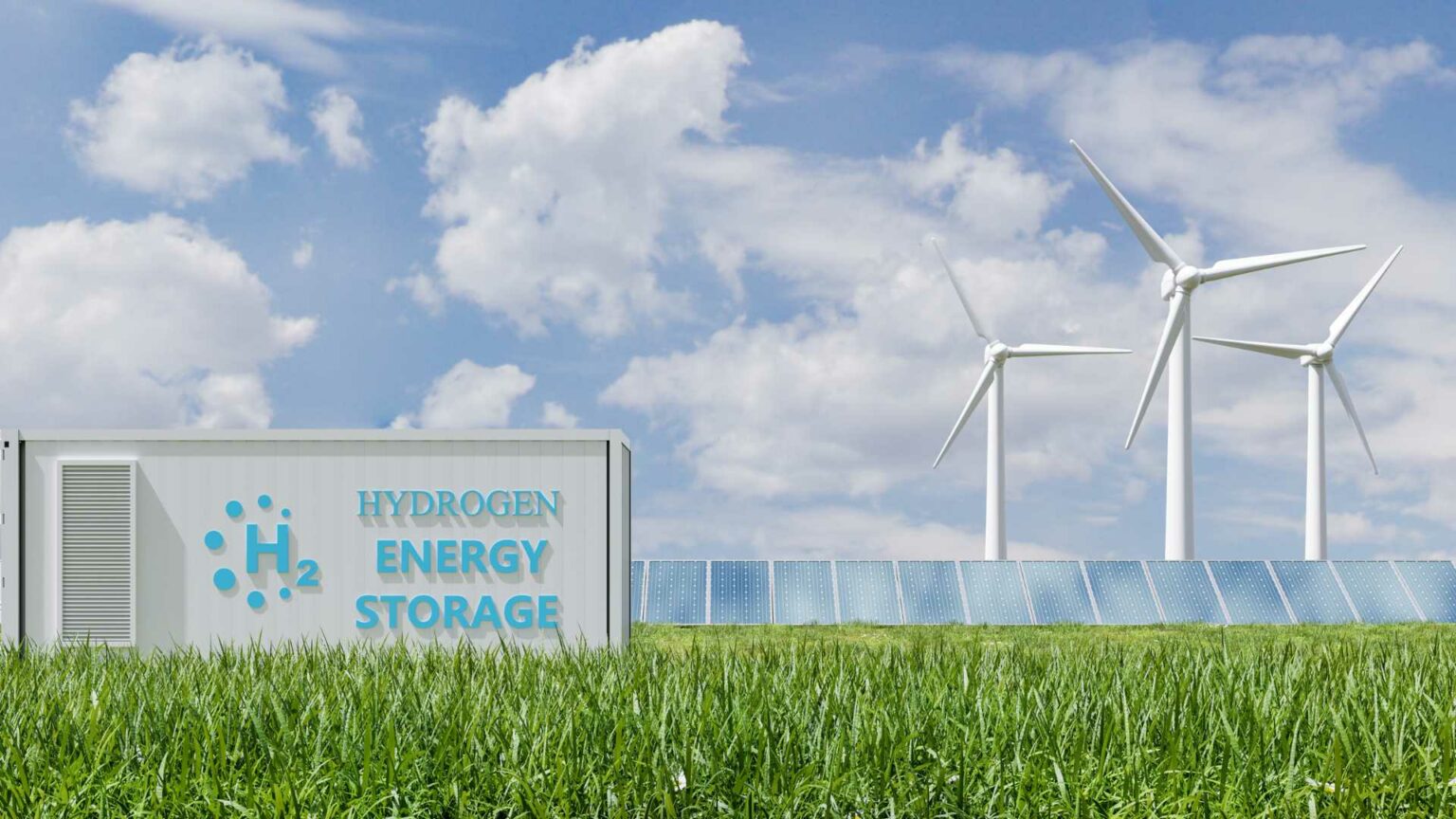A mere month after the announcement, the EastGateH2V hydrogen valley initiative is now underway in Slovakia’s Košice region. Startling in concept, this EU-funded project, coordinated by the Košice Self-Governing Region (KSK), has amassed a consortium of 22 partners across seven European nations, expected to finalize grant agreements supported by the European Commission under the Horizon Europe program.
A substantive €9 million grant, secured through the Clean Hydrogen Joint Undertaking, marks the project’s financial backbone. KSK Chairman Rastislav Trnka has underscored the project’s role in positioning the Košice region as a hydrogen technology leader within Central and Eastern Europe. Emphasizing the coordination process slated for the next half-decade, Trnka highlights the cooperative venture spanning energy, transport, and industrial sectors across borders, including notable participation from Slovakia, the Netherlands, UK, Ukraine, Slovenia, Spain, and Germany.
As a multifaceted endeavor, EastGateH2V aims to establish a robust hydrogen ecosystem. The initiative will focus on transparent production, reliable distribution, and practical application of green hydrogen, backed by renewable energy sources. The project’s integration spans various transport sectors, including hydrogen-fueled buses, maritime vessels, and airborne drones, thus offering a comprehensive vision toward sustainable energy transitions.
Antonio Aguilo, head of the Clean Hydrogen Partnership, corroborates the significance of this stride in Slovakia. He points to the emergence of cross-border hydrogen corridors facilitated by EastGateH2V as instrumental in building up a cohesive European hydrogen economy. This cross-border collaboration represents a foundational shift toward comprehensive decarbonization in the industrial and transport sectors throughout Europe.
Remarkably, by mid-2027, the EastGateH2V project targets the operationalization of an electrolyzer designed to produce 170 tons of green hydrogen annually. This yield is calculated to fulfill the energy demands of local hydrogen buses, a maritime vessel, and an aerial transport drone. Yet, aligning production with demand and addressing infrastructural challenges will be paramount as the project progresses.
This Slovakian hydrogen initiative is emblematic of the broader European commitment to sustainable energy solutions—a commitment framed within the overarching goals of Horizon Europe. As the project advances, ongoing collaborations, and strategic developments will be pivotal in actualizing EastGateH2V’s planned contributions to a decarbonized European economy.
